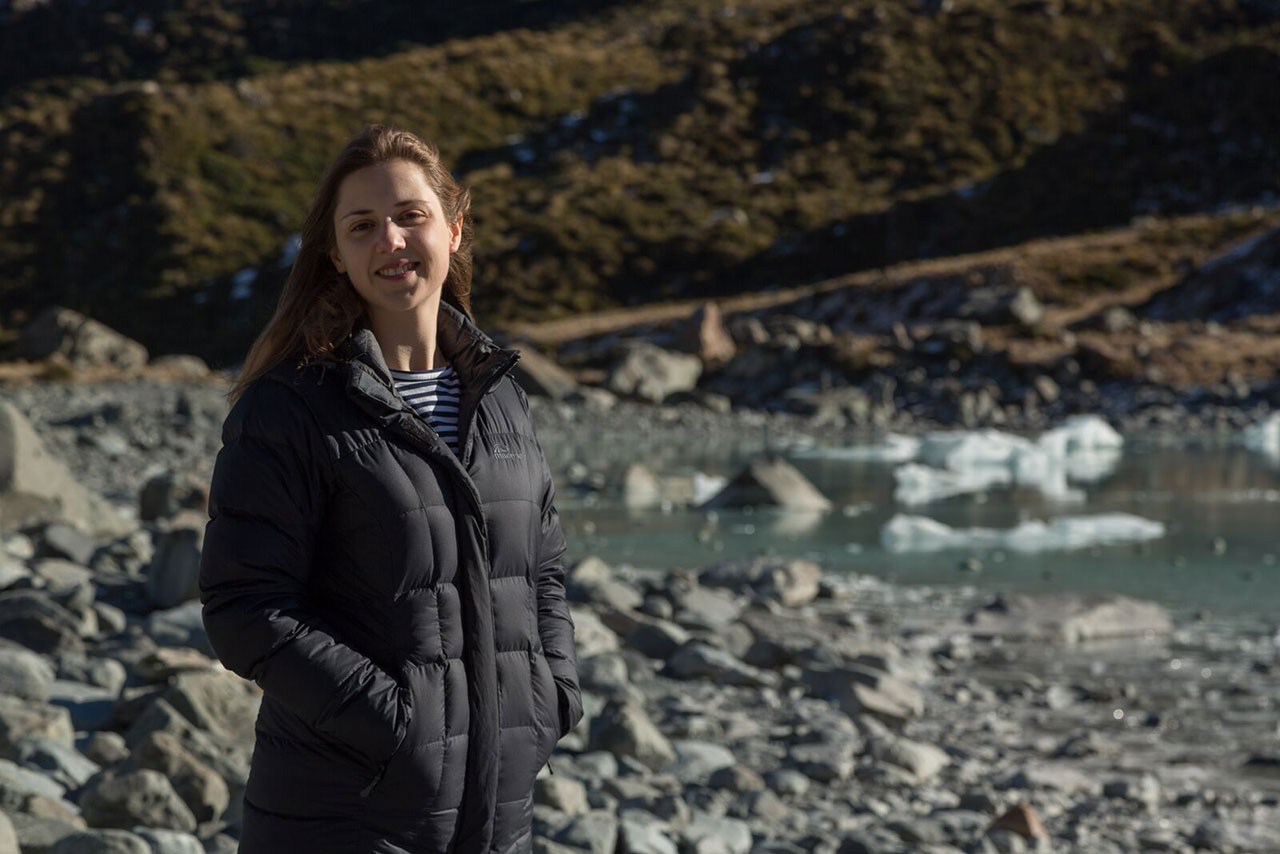Rebecca Kennedy’s ballet teacher told her mum one day that “Rebecca never participates in class”. Rebecca’s mum was a GP and after asking Rebecca why she wasn’t taking part in ballet, she answered with a simple “it hurts.”
Now, 25 years on, Rebecca still has what they call juvenile idiopathic arthritis (JIA).
“I remember things being extremely difficult between the age of four and eight. Then my arthritis seemed to go into remission until I had a massive flare at 15. I struggled to walk, was in and out of hospital, and missed two years of school.”
Rebecca Kennedy has had JIA since childhood.
The painful, debilitating flares, and the largely hidden nature of arthritis can make it feel like a very isolating disease. Despite this, Rebecca says that it’s important to accept it for what it is: an intermittent disease. Rebecca says that the worst thing a person with arthritis can do is fear the next flare.
“Resist the urge to turn a flare into a catastrophe. It will end, you will get through it.”
“Some days will be hard. Live for the hope of tomorrow. Hold on to the people who understand and are there for you.”
Juvenile idiopathic arthritis (JIA) is the name given to types of arthritis that occur in children. Adults with JIA were diagnosed as children.
It is an autoimmune condition, meaning the body’s immune system attacks healthy tissues, creating inflammation. The symptoms of JIA vary from person to person and can come and go from day to day and week to week. Symptoms will be worse during occasional ‘flares’; at other times the condition seems to disappear for a time.
Arthritis can affect anyone at any age, and new figures released in 2018 reveal that more than 670,000 people in New Zealand have a form of arthritis (osteoarthritis, gout, rheumatoid arthritis, lupus and more than 140 other types), 48% of which are of working age.

Have an Arthritis Educator phone you!
To save some time over the phone, fill out the online form and let an Arthritis Educator call you back at a time that’s convenient for you.
